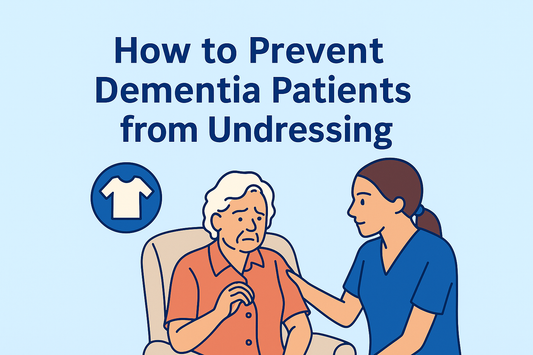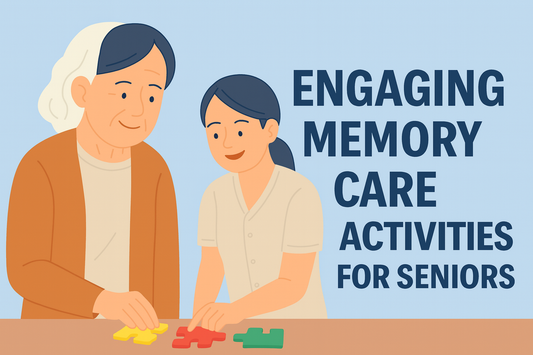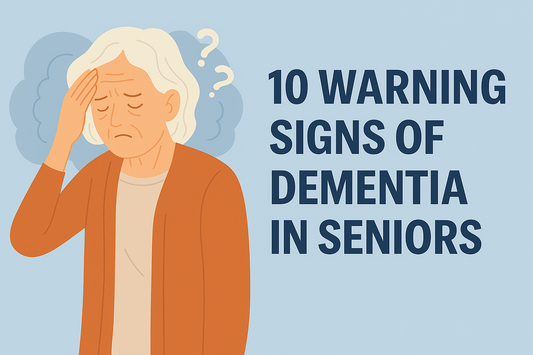
Sundown Syndrome in Dementia: Causes & Management Tips
Studies estimate that 1 in 5 with dementia (or 20 percent) experience sundown syndrome, also called sundowning. This article focuses on general information and tips for managing sundowning in a loved one with dementia.
TOPICS COVERED - QUICK LINKS:
- WHAT IS SUNDOWN SYNDROME?
- SYMPTOMS OF SUNDOWN SYNDROME?
- HOW IS SUNDOWNING RELATED TO DEMENTIA & ALZHEIMER'S?
- CAUSES OF SUNDOWN SYNDROME
- TIPS FOR TREATING SUNDOWN SYNDROME
- SUNDOWN SYNDROM RESEARCH
WHAT IS SUNDOWN SYNDROME?
Sundown Syndrome or sundowning is a condition that can occur in patients suffering with Alzheimer's, Dementia, or cognitive impairment where the patient experiences confusion, agitation, and other behavioral problems in the afternoon or evening.
SYMPTOMS OF SUNDOWN SYNDROME?
- Agitation
- Restlessness
- Irritability
- Confusion
- Disoriented
- Demanding
- Suspicious
- Pacing
- Mood swings
- Anger
- Hallucinations
- Wandering
HOW IS SUNDOWNING RELATED TO DEMENTIA & ALZHEIMER'S?
Research suggest that those with Dementia, Alzheimer’s, or other cognitive impairment may experience shifts in their biological clock which makes them prone to sundown syndrome. Sundown Syndrome may occur anytime, but may be more noticeable in the afternoon.
CAUSES OF SUNDOWN SYNDROME
The exact cause of Sundown Syndrome is unknown and will be unique for each individual, but likely triggers of the behavior change include:
- Hunger
- A drop in blood pressure that happens after eating
- Low lighting - Patients with vision problems combined with the change in lighting that happens as the sun goes down may cause more challenges.
- Fatigue
- Boredom
- Caregivers become tired at the end of the day
- Flurry of activity that can happen when caregivers change over at the end of day
- Hormone changes related to internal biological clock imbalance
- Season changes - Seasonal Affective Disorder caused by less exposure to natural sunlight
TIPS FOR TREATING SUNDOWN SYNDROME?
- Try to figure out what triggers the agitation and confusion. Keep a journal to help document the time of day, potential triggers, and symptoms.
- Turn on a full-spectrum fluorescent lamp or light therapy lamp for a few hours in the morning
- Help the patient relax
- Quiet rooms
- Talk in a calm voice
- Music or calming nature sounds like waves
- Massage or stroking the patient’s hand
- Try light snacks and beverages
- Try to keep to a daily routine
- Get more sleep
- Prevent over napping
- More physical activity
SUNDOWN SYNDROME RESEARCH
Wikipedia, has additional research about the biological changes and Circadian Rhythm changes.
There isn’t consistent research on the prevalence of Sundown Syndrome but general research suggests 1 in 4 to 1 in 5 Alzheimer’s and Dementia patients may experience it.
Research seems to indicate that Sundown Syndrome is more prevalent in the early stages of dementia.



